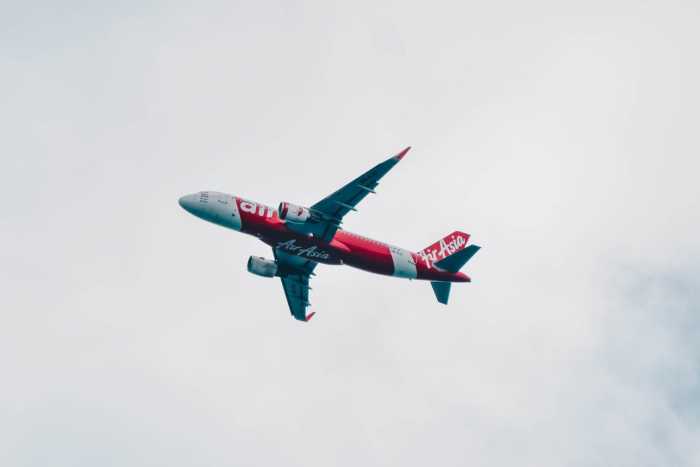
Thailand Needs ICAO Green Flag to Regain Top Regional Hub Status
23rd Mar 2017

Thailand has an ambition to regain its status as the top regional hub in Southeast Asia, but in order to do so it will need to be recertified by the International Civil Aviation Organization (ICAO) of the UN and the United States Federal Aviation Administration (FAA).
That, at least, is how Kasikorn Research Centre sees the ongoing process the country has entered with ICAO and FAA to get into their good books again.
And so far, so good for the Thai civil aviation industry. The Civil Aviation Authority of Thailand (CAAT) has already issued a first Air Operations Certificate (AOC) to Bangkok Airways on 27th February, in partnership with the CAA International (CAAI), a part of the United Kingdom’s International Directorate of Civil Aviation Authority (UK CAA).
However, judging by how long it took Asia’s Boutique Airline to get recertified, since they started the process on 12th September, 2016, this was not an easy feat. There are still other eight Thai carriers waiting for their AOCs, including Thai AirAsia, Thai AirAsia X, Thai Airways International (THAI), Orient Thai Airlines, Nok Air, NokScoot, Thai Smile and K-Mile Air.
The centre stated:
It is expected that the ICAO and FAA resolutions will be completed within the first half of this year and Thailand will be able to unlock its restrictions that impacted on flight confidence during the second half of this year. Once that happens, Thai airlines will be able to expand routes to Japan, South Korea and the United States that have to be delayed due to the restrictions.
The centre, however, believes that Thailand has done enough to convince ICAO and FAA to lift their red flag and that they will do it soon. It said:
Unlocking the issue of air safety confidence will be a driving force “pushing Thailand to reassert itself as Southeast Asia’s aviation hub. This is in line with Thailand’s strong fundamentals… Thai airlines have a route network linking with Southeast Asian countries and strong infrastructure.
ICAO will most likely audit Thailand to see how far the country’s aviation sector has progressed in terms of safety. This was the main reason for planting a red flag on it in the first place in 2015.






